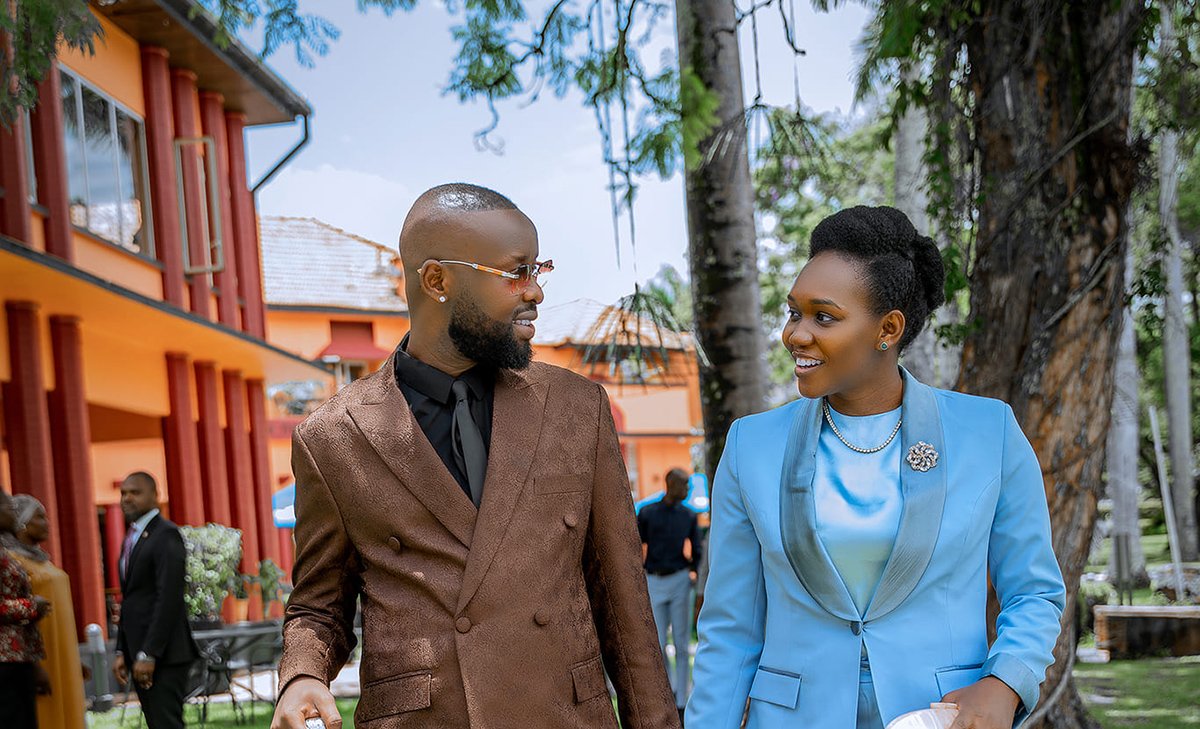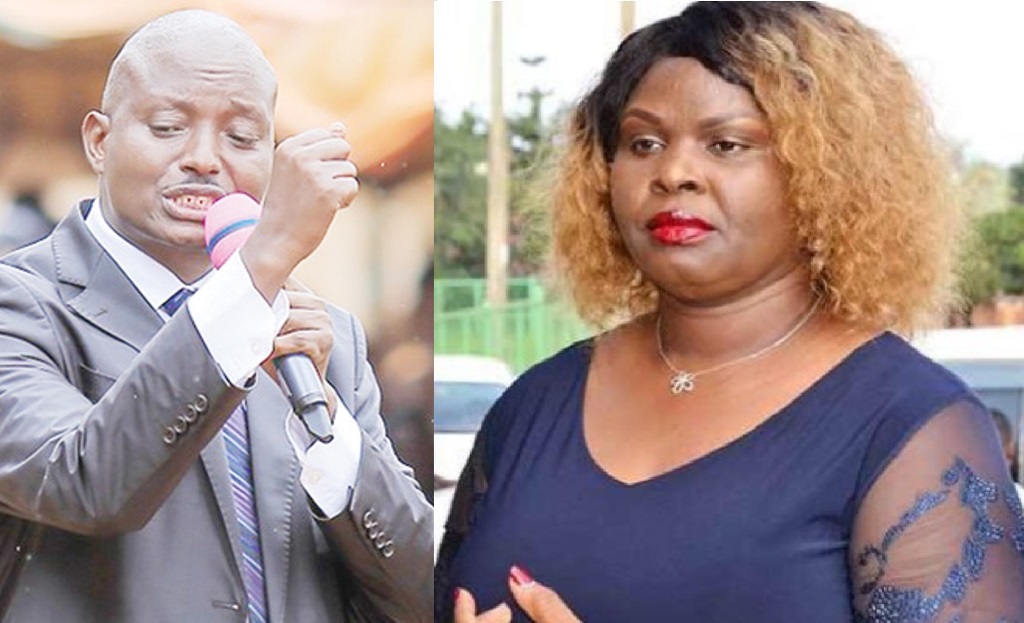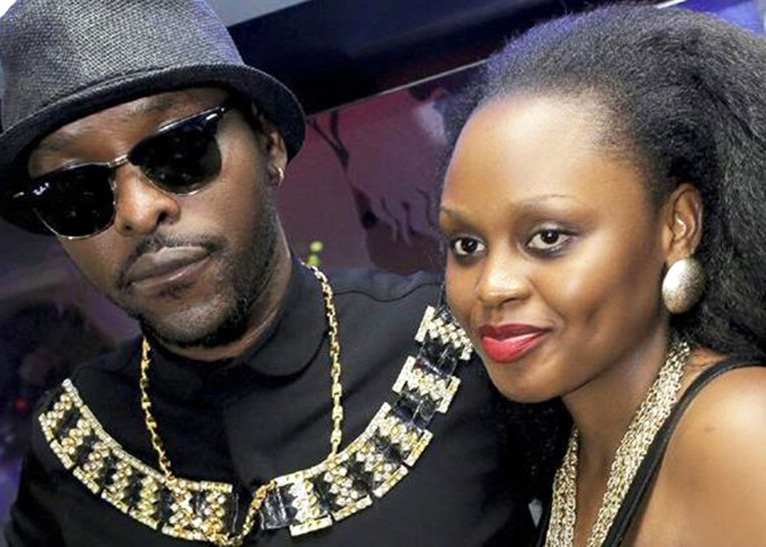Relationships are complex because people are complicated. To maintain a healthy relationship, you must learn to live with self-awareness.
Be careful not to get stuck in unhealthy patterns that undermine your relationship. You build self-awareness through exercises that help you connect with your body’s sensations, emotions, and quiet mind. It takes dedication and practice to help you become more present. The more present you are, the better you can see how others experience you.
1. Lack of communication
You are not alone if you are struggling with communication. Good communication is a learned skill.
Find time every week to let each other know what is going on in your lives. Regular check-ins are an excellent time to address issues. Remember, conflict is normal and healthy when handled with care, compassion and clear communication.
Check in to make sure you understand what the other is saying. Paraphrase what you understood your partner to say and ask for feedback. If you misunderstood your partner, they can clarify what they meant to say.
The worst thing you can do is to stay silent. Unexpressed anger or frustration will only make it more difficult to resolve your differences, and it will undermine your relationship.
2. An overactive inner critic
You have an inner critic, and it will never go away. However, you can learn to befriend this part of you. What are the stories you tell yourself over and over?
You will get into trouble if you have a negative attitude about yourself or your partner. You may not feel worthy of your partner or habitually put your partner down to avoid looking at yourself.
3. Abandonment issues
Some of you may have abandonment issues that often begin in childhood. When you have abandonment issues, subconsciously, you look for signs that your partner may leave you.
Your response is often to hold on even more tightly to the one you love. Anytime your partner goes out without you, panic sets in. The more you try to hold on to your partner, the more you will push them away and undermine your relationship.
4. Dishonesty and lying
Any healthy relationship requires honesty. You must trust each other and be confident to work through any issue.
First, you need to trust yourself. Do you trust yourself to show up in your relationship fully? Can you honestly share with your partner what is going on in your life? Can you share all the highs and lows and everything in between?
If you have issues with your partner, can you find the courage to address your concerns constructively and in a caring and compassionate way? Are you open to taking 100 percent responsibility for your issues so you don’t project them onto the one your love?
5. Emotional withdrawal
Your emotions are an essential part of you. Your emotions reveal wherever you are on the continuum from healthy to repressed. Your emotions are constantly shifting and changing. The more you repress your feelings, the more you will block intimacy.
However, when you allow your emotions to show as they happen, you will be in better touch with your inner self and better able to express your feelings without hurting others. The more you can name and acknowledge your emotions, the more you can let them go, and you are less likely to undermine your relationship.
6. Intolerance or excessive rigidity
You have developed a way to keep yourself safe. You may get so rigid in certain beliefs, making connecting with your partner difficult. You immediately shut down the conversation whenever your partner tries to raise a different opinion.
7. Rudeness or bad manners
Manners are important. The more you show compassion, love and care for each other, the better you can work together
If you have a short temper, you must get help to deal with this. Coaches and counselors can help you to address this issue. It probably comes from your unresolved issues or any trauma you have experienced.
If you find yourself in a chaotic relationship, you will probably need help to escape the vicious cycle that will continue to undermine your relationship.
8. An unwillingness to share chores
You must figure out how to share the chores and responsibilities in any relationship. It doesn’t mean you have to split all the work. Choose what you most enjoy but make sure that the workload is equal.
Out of your love and respect for your partner, do things that are important to them even though they might not be important to you.
Take responsibility for what you have agreed to do. If your partner needs to keep reminding you, they will get the impression that you don’t care; this only hurts your relationship.
9. Over-dependence
You might be a person who is overly dependent on your partner. No one person can meet all of your needs.
Any healthy couple needs friends outside of their relationship. Some of them will be people you do things together as a couple, and some of them are people you have an individual relationship with.
It would be best if you learned to trust your partner. Today it is much more acceptable to have friends of the opposite sex. When you observe yourself getting jealous, it might help you talk with a friend or get help from a professional. Do not allow jealousy to undermine your relationship.
A healthy relationship requires balancing time with your partner, friends, family, and time alone.
Do not despair. Facing challenges in your relationship is not unusual. The more you can do individually and as a couple to build self-respect and understanding of each other, the better off you will be.
How the Enneagram can help
The Enneagram is one of many great tools. If you do it together, you will learn to live in greater harmony with each other.
The Enneagram teaches there are nine different lenses to see the world around you. You have all nine Enneagram Types within you. Your enneagram type reveals to you the box you are getting stuck in.
Depending on your Enneagram type, the tool reveals what might be getting in your way. The Enneagram will show you a better path as you become conscious of your unhealthy behavior.
It will point you in a better direction showing you can become more connected with the inner truth that connects you with the wisdom of the whole universe.
The Enneagram and other tools and practices can help you overcome the abovementioned nine issues.
As long as you are willing to grow and learn, you can start over and over again and develop new behavior and thought patterns that won’t undermine your relationship.
Roland Legge is an author, Certified Spiritual Life Coach, and teacher of the Enneagram. He helps people connect to their inner selves and find alignment with their highest purpose and values.

















